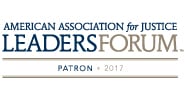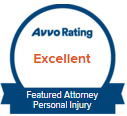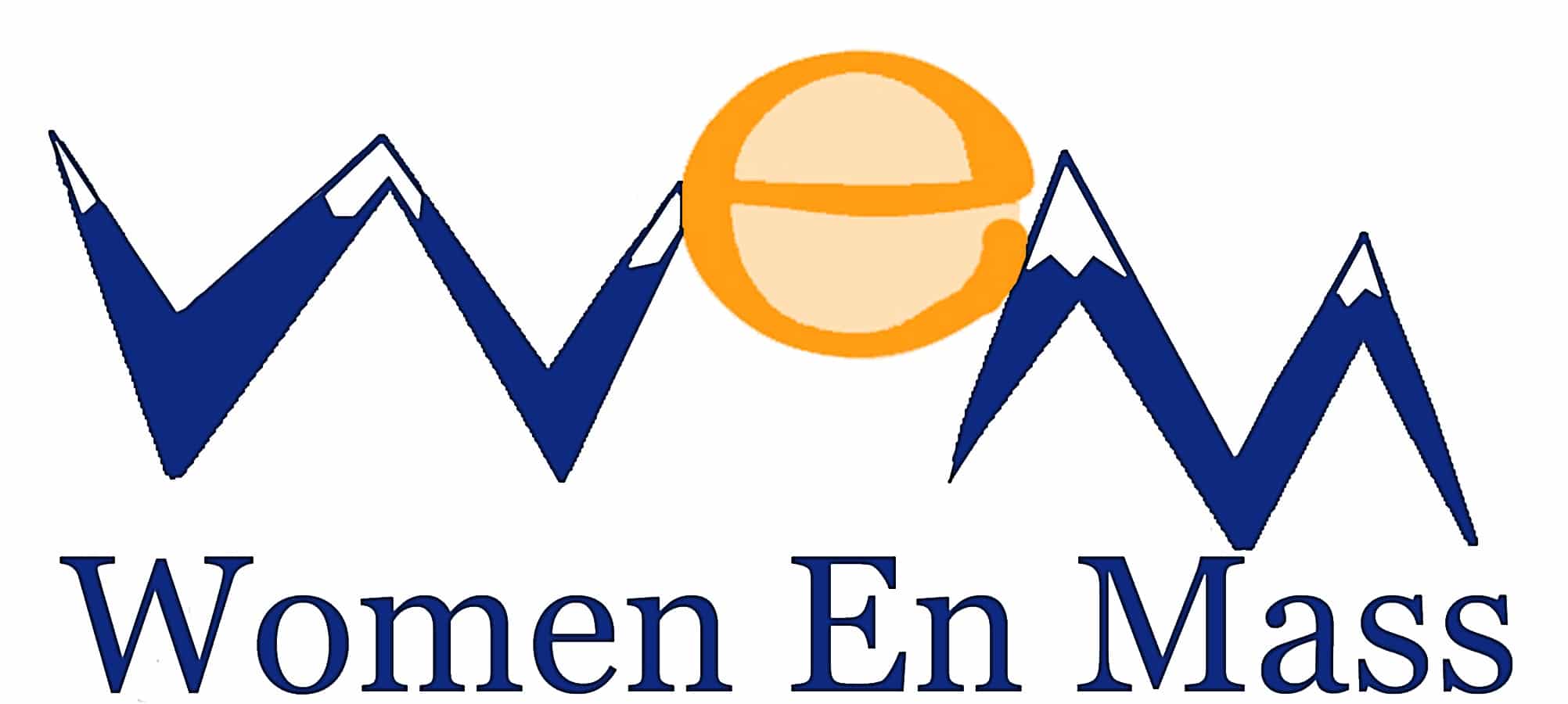Most people are aware the FDA recalls medications and medical devices that pose a risk to users, but what does that really mean?
When a drug or device recall is requested by the FDA, the product must be pulled from the market. The FDA is also involved when manufacturers make voluntary recalls of a product. As a matter of fact, the FDA is involved in the consumer drug process right from the beginning, which is why the organization is so often a part of legal action taken when a drug or device harms a user.
Role of the FDA
The FDA must make sure drugs and devices are safe and effective before they can be used. The organization evaluates new drugs and concludes whether they present any type of risk (nearly all do) and whether those risks outweigh the benefits, which they do by reviewing medical studies and keeping track of current data. Manufacturers are responsible for reporting to the FDA any complaints or reports they receive concerning their products, and consumers are encouraged to report problems through the FDA’s MedWatch program.
Unfortunately, it is difficult to predict exactly how individuals will react to medical treatment, even if there is numerous test data demonstrating safe use. There are also instances in which the FDA allows medical device and drug manufacturers to avoid certain steps in the approval process – such as when a similar product is already on the market.
What are the Different Types of Recalls?
When numerous problems occur with devices or drugs, and the FDA has reason to believe the product presents too great a risk to consumers, it can order a recall. Potential recall triggers include dangerous side effects, the development of a new safer alternative, or incorrect use of a drug.
There are five different types of recalls, including:
• Class I: use or exposure will cause serious health problems or death
• Class II: use or exposure may cause temporary or medically reversible health problems, or there is a slight risk for serious health problems
• Class III: use or exposure is not likely to cause problems
• Market withdrawn: product has a minor problem not monitored by the FDA
• Medical device safety alert: unreasonable risk of causing substantial harm, which may or may not be an official recall
Manufacturers sometimes recall their products without a request from the FDA to protect themselves against legal action. If this occurs, the company must notify the FDA of the recall, submit progress reports, and conduct follow-up once the recall is complete.
The FDA can also request that a product be voluntarily recalled by the manufacturer or it can order the manufacturer to conduct a recall. If the manufacturer refuses (which rarely happens), it is within the FDA’s power to seize the drug.
How Does the FDA Make an Alert Public?
Once a drug or device is under recall, the FDA and the manufacturer must issue an alert. This can be done through direct notification, which requires the manufacturer to contact wholesalers or pharmacies, inform them of the recall, request the drug no longer be distributed, request customers be notified of the recall, and provide instructions on what to do with the drugs.
The public must also be notified, which is done through a public post on the FDA’s website page called Recalls, Market Withdrawals, and Safety Alerts. If enough people are affected by the recall, there might also be media coverage of the event.
Recent FDA Recalls
Transvaginal Mesh
The FDA convened an advisory committee in 2011 to assess the risk associated with transvaginal mesh products. At the time, the panel did not recommend a recall, but reclassified mesh as a Class III device, issuing a Safety Communication acknowledging “serious complications associated with surgical mesh for transvaginal repair…”
Less than a year later, the FDA issued post-market surveillance study orders to manufacturers of surgical mesh products, which resulted in some companies pulling their products from the market. After years of adverse event reports and lawsuits filed against transvaginal mesh manufacturers, the FDA announced it was reclassifying a small subset of transvaginal mesh products and requiring more clinical testing in January 2016. Many believe this is still far from being enough to protect consumers.
Power Morcellators
In July 2014, an FDA Advisory Committee was convened to assess the risks of power morcellators. In the same fashion as it handled transvaginal mesh, a Class III reclassification was issued, but at the time the FDA did not rule out a potential future ban. It also called for stronger warnings regarding the device.
In the years following the Safety Communication, many hospitals banned power morcellation for gynecological surgeries. Health insurance companies also took action, and in February 2015, the UnitedHealth Group Inc. began requiring doctors to get prior authorization before performing all non-vaginal non-cancer-related outpatient hysterectomies. Other health insurers followed suit and it is estimated that more than 90 million Americans are affected by health insurance policy changes related to power morcellators.
During the spring of 2015, the FBI began investigating manufacturers of power morcellators to determine if the companies were aware of the risk their devices posed.
Drug Recalls
Several drugs have also been affected by FDA recalls and safety warnings, including Actos, Risperdal, and Invega. Actos, a type 2 diabetes medication, features a safety warning that applies to those using the drug for more than a year concerning their increased risk of developing bladder cancer.
Johnson & Johnson, the maker of antipsychotic medication Risperdal, faces numerous lawsuits after male users of the medication experienced abnormal breast development. During one trial, former FDA commissioner David Kessler was as a paid expert witness and testified the company knew of the risks, but did not disclose the data showing the extent of the problem. Kessler accused Johnson & Johnson of violating the law in a report he prepared for a 2012 case.
The FDA ordered the manufacturer of Invega to include a Black Box warning on the product, the FDA’s strongest warning label.
If you or a loved one has experienced any illness or injury as a result of using a medical device or a medication, we can help. For more information, contact the attorneys at Andrus Wagstaff law firm at 866.534.5014 or visit the firm’s website at www.andruswagstaff.com.

















